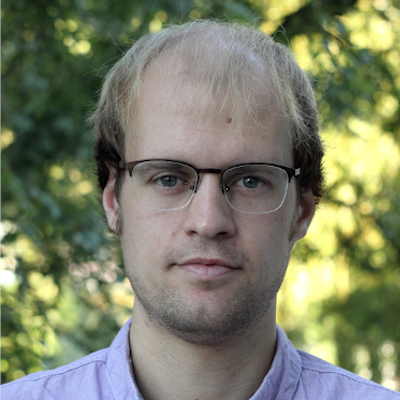
Dr. Niels de Winter
Biography
PROJECT TITLE:
UNBIAS: UNravelling BIvalve Shell chemistry: Improving the accuracy of techniques for high-resolution seasonal scale climate reconstructions from bivalve shells
PROJECT SUMMARY:
Geologists study climate of the past to learn more about Earth’s climate in the present and future. However, climate is usually studied on a long timescale (thousands to millions of years), while rapid changes in climate (like those associated with the present global warming) are also very important to understand. The study of seasonal differences in the geological past helps us to understand not only how Earth’s climate and environment behaved over a long time period, but also how dynamic it was and how short term, extreme changes took place. This will help us understand changes in climate and environment that take place on the human timescale.
RESEARCH OBJECTIVE:
Improving reconstructions of past climate change on a seasonal timescale using stable isotope and trace element proxies for in mollusk shells.
FIELD SITES:
Controlled growth experiments as well as wild specimens of modern marine bivalves from the North Sea region:
- European flat oyster: Ostrea edulis
- Blue mussel: Mytilus edulis
- Common cockle: Cerastoderma edule
- Ocean quahog: Arctica islandica
Late Cretaceous (65-80 million year old) fossil bivalves from Argentina, Oman, Sweden and the Mediterranean region.
Middle Eocene (40-50 million year old) fossil gastropods from France, the Netherlands and United Kingdom.
Pliocene and Miocene (2-20 million years old) fossil bivalves from Belgium, the Netherlands and France.
KEYWORDS:
Sclerochronology, Seasonality, Stable Isotopes, Trace Elements, Mollusks, Carbonate Clumped Isotopes, Growth Experiments
COLLABORATORS:
Location
Pleinlaan 2
1050 Brussels
Belgium
